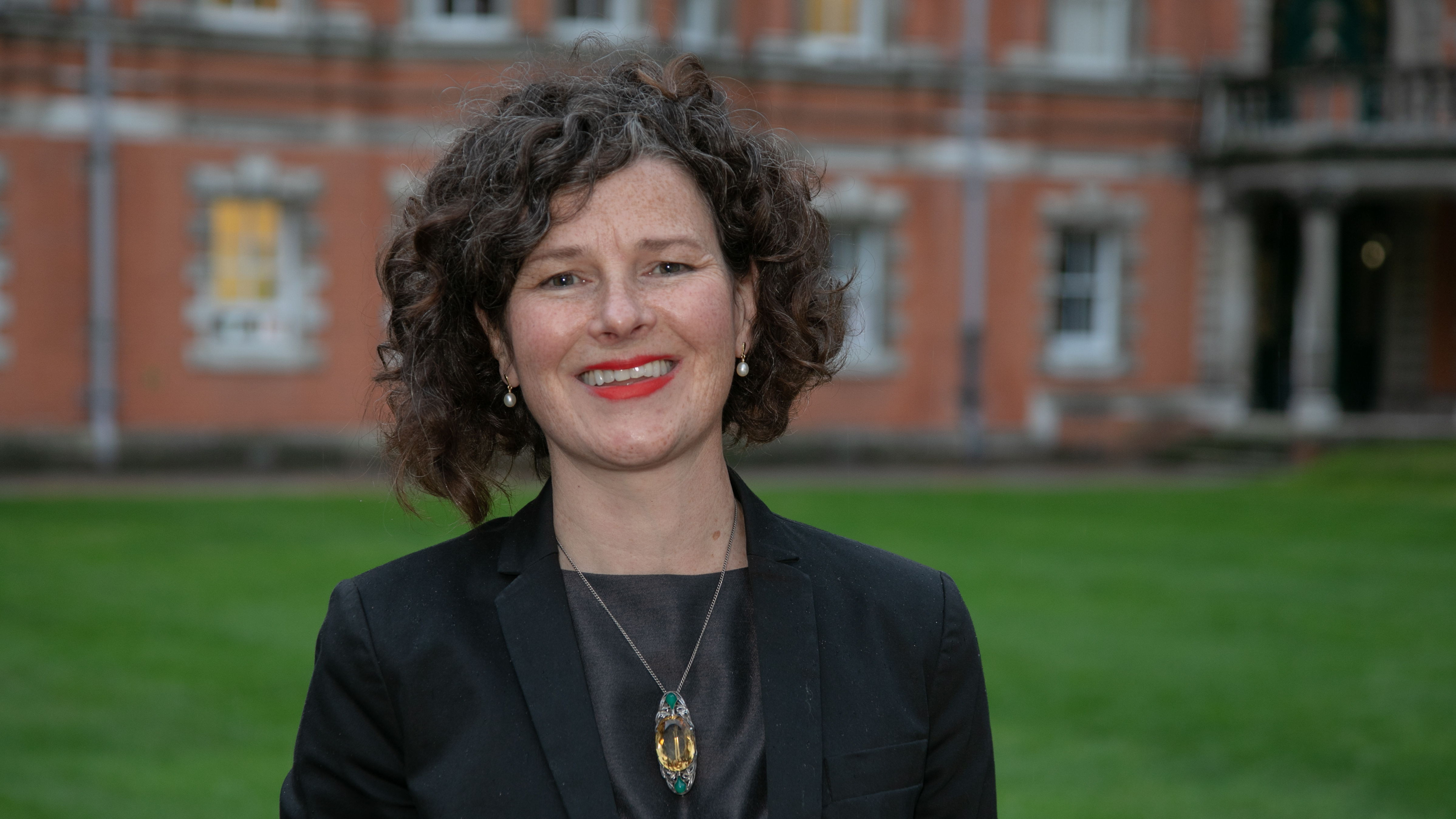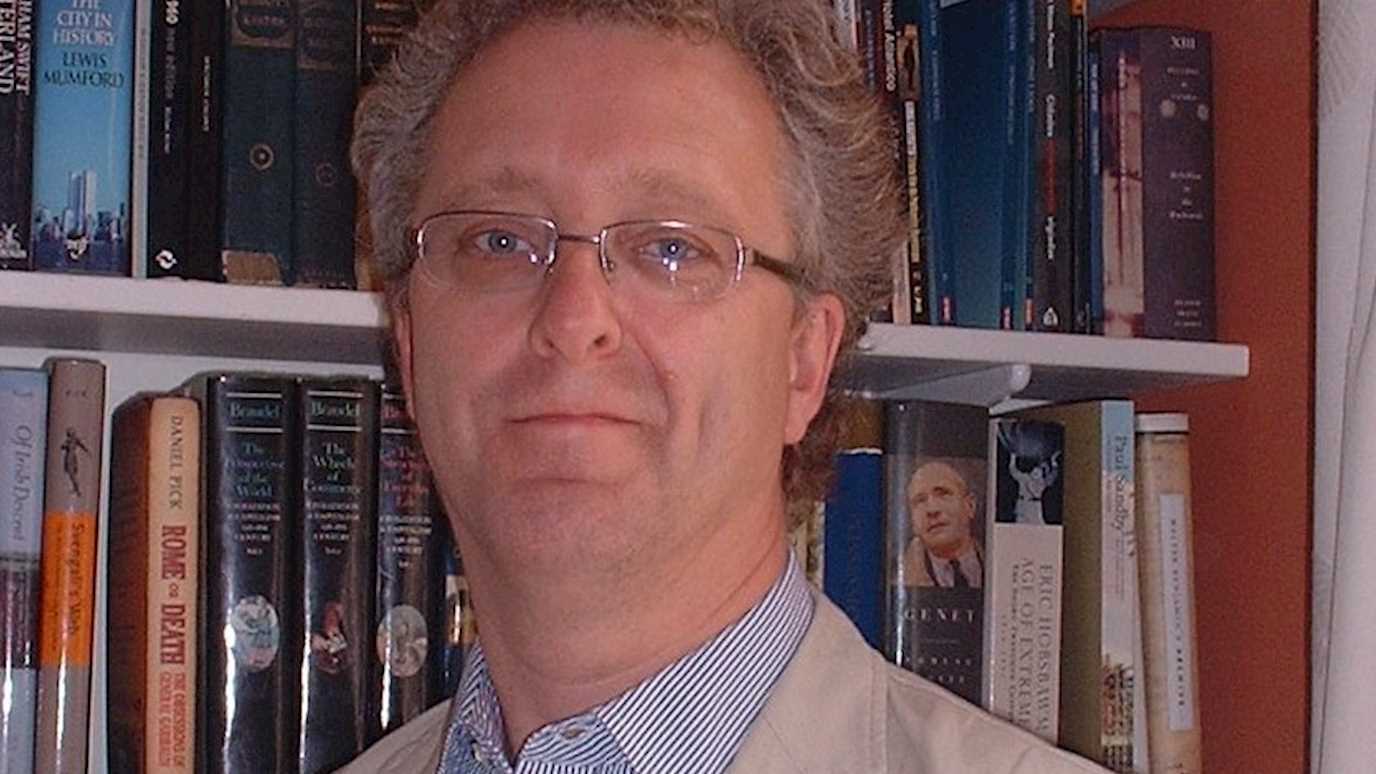A study published by researchers from Royal Holloway has concluded that newly developed pesticides, which could potentially replace neonicotinoid insecticides, may reduce the reproductive success of bumblebees.
PhD student Harry Siviter, alongside Professor Mark Brown, and Dr Ellouise Leadbeater, all from the School of Biological Sciences at Royal Holloway, tested the effects of a sulfoximine-based insecticide – which is currently licensed for use in 47 countries around the world, and is under review for licensing in the UK – on bumblebee colonies.
In their experiment, exposure to sulfoxaflor, the first branded sulfoximine based insecticide, reduced both the size of bumblebee colonies and the number of male offspring they produced, with a 54% reduction in the total number of sexual offspring produced in exposed colonies. Their study is pre-emptive, because sulfoxaflor is a new product and we currently have limited data about the levels to which bees are likely to be exposed in the pollen and nectar of sprayed crops. However, such impacts identify that broad use of sulfoxaflor pesticides could have the potential to harm wild bumblebee populations, under certain conditions.
There research has been published in Nature.
Harry Siviter said; “Neonicotinoids are the most commonly used insecticide in the world, but the evolution of resistance by pests, as well as bans and restrictions on their usage has resulted in a demand for alternative pesticides”.
“Sulfoximine-based insecticides are a likely successor and are being registered for use globally.
“Our results show that sulfoxaflor can have a negative impact on the reproductive output of bumblebee colonies under certain conditions.”
Dr Elli Leadbeater added; “Our study highlights that stressors that do not directly kill bees can still have damaging effects further down the line, because the health of the colony depends on the health of its workforce.”
The results of this research highlight the need to incorporate the sub-lethal consequences of novel insecticides on bumblebees and other wild bees into the risk assessment process.
Professor Mark Brown said; “We need to know much more about what levels of emerging insecticides wild bees will be exposed to in the field – only with realistic and publicly available exposure data for a range of crops can we determine the true risk of these insecticides to wild bees and other important pollinators.”
This project has received funding from the European Research Council (ERC) under Starting Grant BeeDanceGap (638873) and the European Horizon 2020 research and innovation programme under grant agreement no.773921.
























